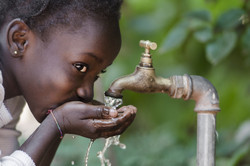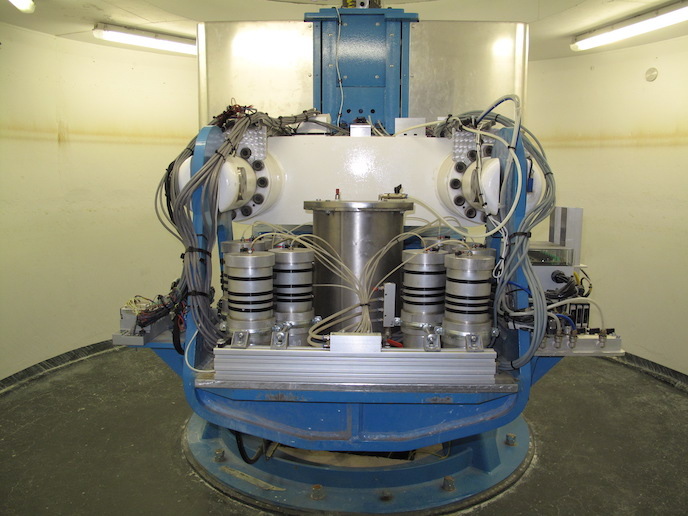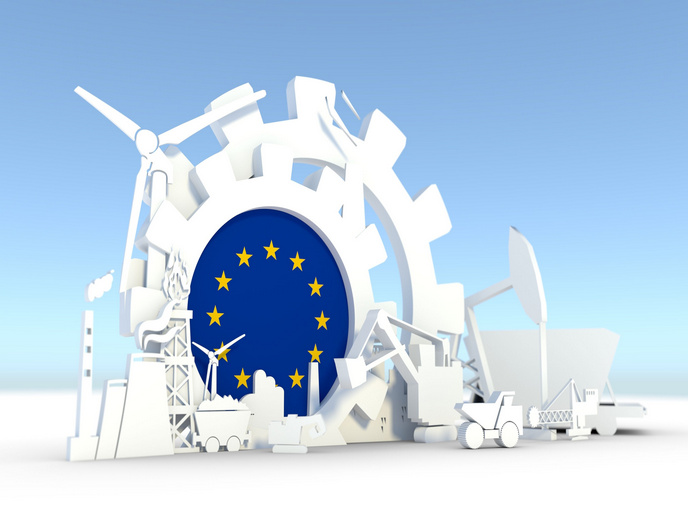Next-generation technology for cleaner water
Most Europeans take access to clean, safe drinking water for granted. However, nearly 1 billion people in the developing world do not have that luxury. Sustainable water usage and wastewater recycling are urgently needed to relieve the shortage of clean drinking water, and membrane bioreactor (MBR) technology is seen as a key enabler. MBR is already used in Europe as well as in the Middle East and North Africa (MENA). The BIONEXGEN(opens in new window) (Development of the next generation bioreactor system) project devised a new class of low-fouling membranes to meet stricter European and MENA regulations. Fouling often leads to flux losses that cleaning cannot overcome. Researchers therefore developed a low-fouling membrane with high water flux and high rejection of organic pollutants with low molecular weight. Field tests were conducted on wastewater from the cosmetics, textiles and olive oil industries, which are an important part of MENA economies. Scientists collected benchmarking data from the textiles and cosmetics industries using existing MBRs such as the Microdyn-Nadir (MN) MBR. Small-scale lab studies were conducted with real wastewater as well as with model textile wastewater. Additional experiments were carried out using model foulants and the results used to develop a computer model of transport processes to optimise membrane materials. Numerical investigations of structure-property relationships were also conducted to aid in the development of nanoparticles for BIONEXGEN membranes. In addition, partners carried out laboratory experiments incorporating nanomaterials into or on the surface of the MN MBR membrane. BIONEXGEN developed MBR technology that has important implications for water reclamation and purification plants. The process is cost efficient due to the membrane's high resistance to fouling and could reduce operating costs on an industrial scale by an average of 25 %.







